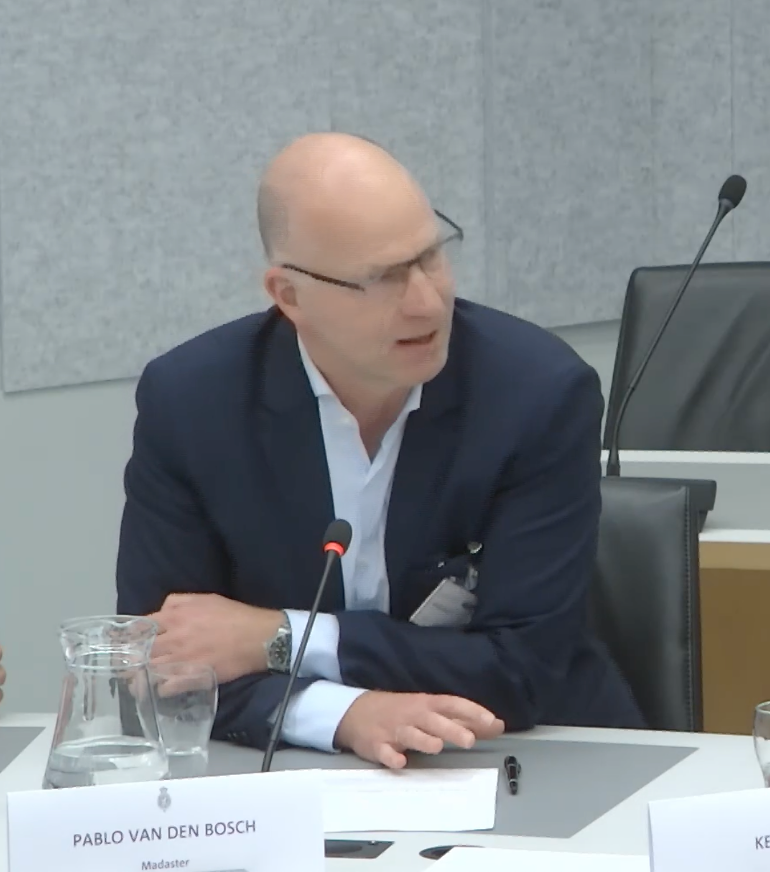Final farewell
By Thomas M. Rau, Board Member of the Madaster Foundation
Saying a final farewell to someone is a sad and painful thing. Although we know that this is inevitable to happen to all of us, preparing for it is rather difficult. It confronts us with the fact that no one lives forever — something that we know to be true in our minds but that we do not really incorporate in our daily lives.
We feel very differently about saying goodbye to an appliance or other object: sometimes we are glad to be rid of it, other times we discard them simply out of necessity — because they no longer service a need, or the need itself has disappeared or changed. Thus, not only our lives are temporary, but so is everything we want, know and need.
Cars, office buildings, wardrobes, laptops — these are all temporary solutions to temporary problems (i.e. needs). Our physical environment, insofar as it is human-made, in fact consists of the collective solutions to people’s temporary needs — everything is transient. And even if most of these needs have long since disappeared, we remain stuck with all the solutions. Sometimes, we may come up with new uses for them, but most often we do not. All things, eventually, turn to waste and the materials incorporated within them are lost.
This process is irreversible and, thus, it is the only link in this chain that is not characterised by temporariness: if something becomes waste, it will never become material again. In this way, temporary problems are solved on a large scale and ever more rapidly resulting in the permanent destruction of finite materials. Along similar lines, you could say that individual people may be temporary, but our actions do have ever-lasting consequences.
How could this be done differently? Well, by properly valuating our materials, and treating them like the limited editions they have always been. In other words, by providing materials with an identity, as we do with everything we value. After all, if something has an identity, we can keep track of where it is. And if we know where it is, it will remain available to us — like a book in a public library that has a barcode and its own place in the system; the same book can be used, again and again, to fill the needs of thousands of people. One day having to say goodbye to someone for ever is inescapably true, but this does not need to apply to our materials.
For more information, please contact us at info@madaster.com.



